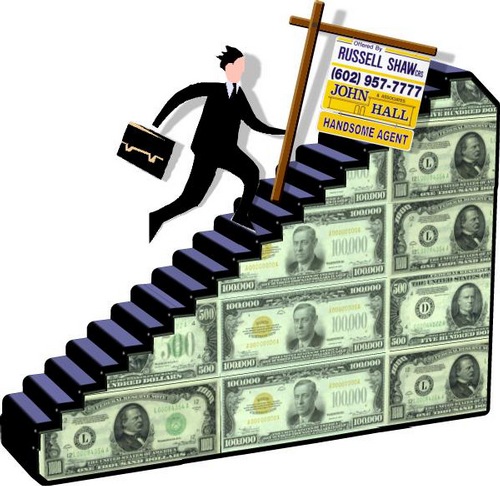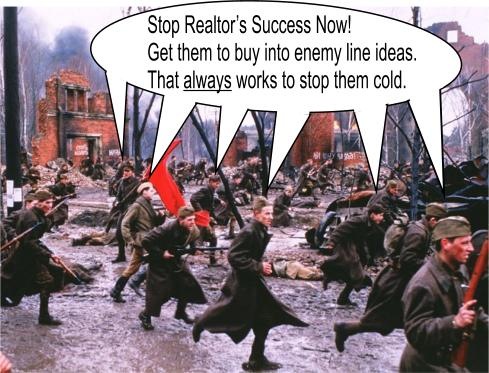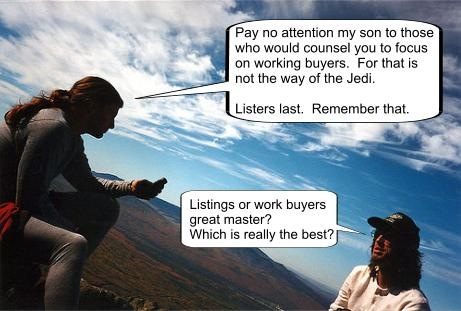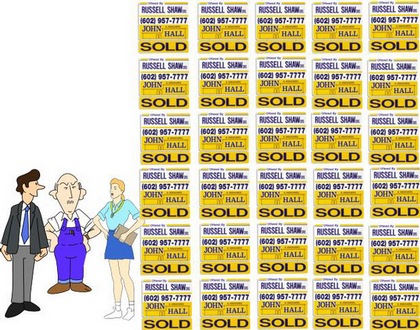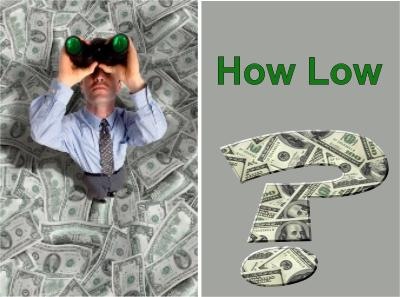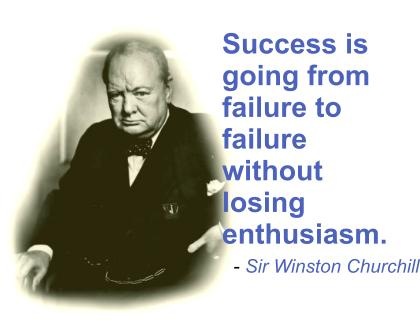photo credit: www.rishimodi.com
Management is telling people what to do. Leadership is teaching them how to think. Opinion leaders tell people what to think.
Despite various surveys indicating how low the general public ranks real estate agents, some agents are highly respected by their clients and peers. How does that happen?
To understand how that is accomplished, first let’s look at the concept of influencing the opinions of others. Various studies have shown that media communication intended to change someone’s buying or voting behavior seldom works directly. The communication may be directly received by the person it is intended for but is mediated through their social relationships. There are individuals (depending on the subject) that others consider experts and who are looked to for advice on that particular subject. There are some people who act as Opinion Leaders – they see themselves and are seen by others as having an influence on others.
In politics and fashion, for example, there are TV shows hosted by people who have very large audiences who watch the show in order to find out what to think. Yet, Opinion Leadership is not a trait some people have and others don’t. Every person who has an elevated interest (and thereby knowledge) in an area, can serve as an opinion leader on that subject to those around them. It is a natural part of everyday personal relationships.
Research suggests that, in the US, opinion leaders constitute roughly one in ten Americans, and that as a group they tend to serve as a leading indicator of popular trends, from public issues to new product adoption to social attitudes. Many consumers today place more weight on the word-of-mouth insights of their more influential neighbors than on what they hear on TV or read in the newspaper.
Opinion leaders are people whose opinion on a subject/product is influential on the social group they belong to, although they may or may not have an acknowledged authority over them. Opinion leaders are not necessarily traditional leaders in society, such as politicians and clergy (although they can be). Rather, they are perceived experts in particular domains – which is exactly the position occupied by a successful residential Realtor. When it comes to correct pricing and effective marketing of homes there isn’t any substitute for a competent Realtor. Notice I didn’t say real estate company, as it is the individual agent who is looked to (or not) as the expert. A company may enjoy a wonderful reputation and there are many instances of an individual and his or her company seeming so inseparable that you can’t think of one without the other – but it would always be the individual that is the opinion leader. One could join the largest, most successful real estate company in the world and this would not automatically cause them to be perceived as an expert. Conversely, an individual broker could have a one person shop and be regarded as THE go to person in that area if you had a question concerning real estate. Opinion Leader Realtors are trusted by their clients because the client can see that the agent has their best interests at heart.
There are many real estate instructors who teach “scripts” on how to handle commission objections. The seller doesn’t want to pay “X” commission and they are advocating using a “technique”. Think of someone you trust and go to for services – like a dentist or physician. Isn’t that trust based largely on the belief that they don’t recommend a service you “need” based only on their desire for money? (as opposed to they use "really good scripts" to handle you).
There is a Scale of Motivation, it goes highest to lowest:
Duty
Personal Conviction
Personal Gain
Money
For example, when one is communicating to their clients about a needed price reduction from the viewpoint of personal conviction or duty, rather than “I want the money” – that “Care Factor” on the part of the agent is visible to all but the worst off in the society. Please don’t think I am advocating earning less or not reaching all of your financial goals, I’m not. I believe that great agents operate and handle their clients from the level of Personal Conviction or Duty. They tell their potential sellers the whole truth every time and don’t hold something back because they might not get a commission. This isn’t so they can be in compliance with the Code of Ethics, but is just the way they think and operate.
In the next year or so a great many agents will be leaving the real estate industry – but they were really on their way out before this latest crash arrived. And they were primarily motivated by money or personal gain. Not the highest level of motivation. Ever.




